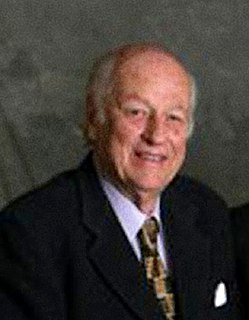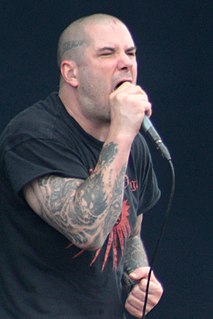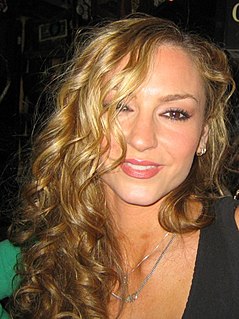A Quote by Julianne Moore
It's pretty boring, working by yourself. The scene happens in between the two of you, and then you don't know what it's going to be because it's a kind of combustion. So, you do take something from every actor you work with.
Related Quotes
Now I must take you to a very interesting part of our subject-to the relation between the combustion of a candle and that living kind of combustion which goes on within us. In every one of us there is a living process of combustion going on very similar to that of a candle, and I must try to make that plain to you. For it is not merely true in a poetical sense-the relation of the life of man to a taper; and if you will follow, I think I can make this clear.
My story about becoming an actor is a completely non-romantic one. I became an actor because my parents were actors, and it seemed like a very... I knew I was going to act all my life, but I didn't know that I was going to be a professional actor. I thought I was just going to work as an actor every now and then.
But for me, you also have to be conscious of what is going to play. And that includes playing with. Sometimes it's just a vibe. It's what's going to make this scene work. And sometimes there may be something that restricts you that has to do with something that maybe is historically accurate. And then you have to weigh that decision and give up something for a scene to work.
Put yourself in the position of a person, sort of an ordinary American, "I'm a hard-working, god-fearing Christian. I take care of my family, I go to church, I, you know, do everything 'right'. And I'm getting shafted. For the last thirty years, my income has stagnated, my working hours are going up, my benefits are going down. My wife has to work two [jobs] to, you know, put food on the table. The children, God, there's no care for the children, the schools are rotten, and so on. What did I do wrong? I did everything you're supposed to do, but something's going wrong to me.
There are two kinds of books in the world--the boring kind they make you read in school and the interesting kind that they won't let you read in school because then they would have to talk about real stuff like sex and divorce and is there a God and if there isn't then what happens when you die, and how come the history books have so many lies in them.
Sometimes a scene works and acting is the easiest thing in the world and you don't have to do much of anything - just enjoy yourself and listen to the other actor. When it doesn't work, then every actor has different ways of dealing with the impasse. Sometimes you use memories from the past. Whatever. It depends from job to job.
The visual stuff just lives inside of you. As far as really being able to take care of an actor on a set, how to talk to an actor, and how to get what you need out of a scene is probably where I might know a thing or two. Although, in TV, the actors are pretty much left alone. It's really the writer's medium more than anything.




































